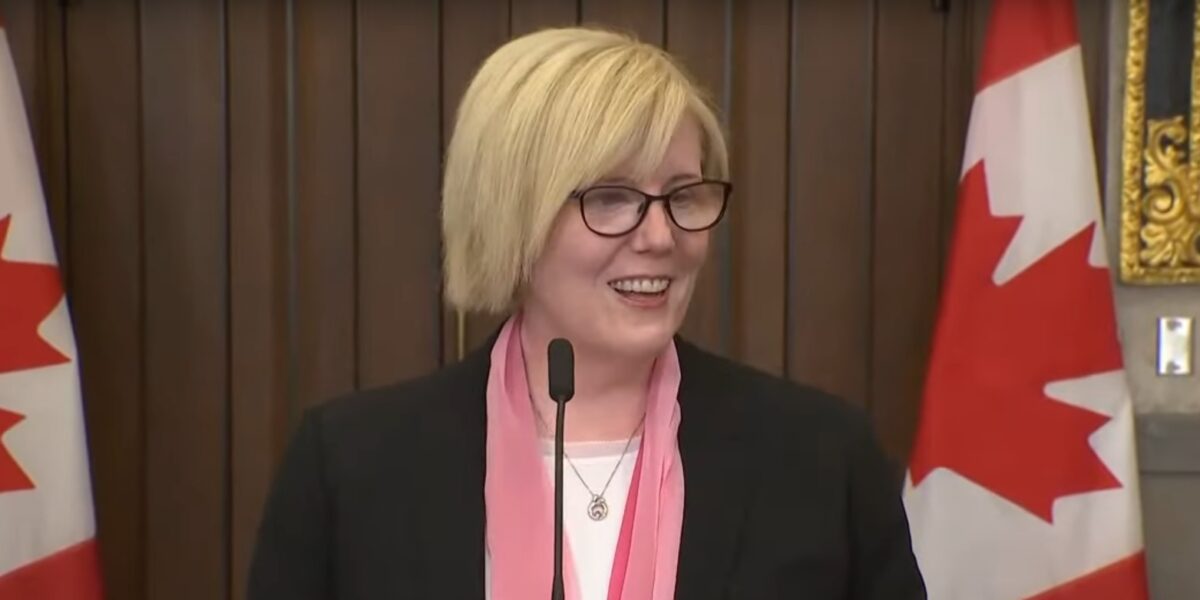A landmark new piece of legislation to support Canadians living with disabilities has officially become the law of the land. The Canadian Disability Benefit, also known as Bill C-22, has received royal assent.
The new law provides a guaranteed income supplement to Canadians living with disabilities.
In a statement to media, Carla Qualtrough, Minister of Employment, Workforce Development and Disability Inclusion noted that “no person with a disability in this country should live in poverty.”
“This law follows years of tireless activism from the disability community. This is their victory. I look forward to working with the community this summer as we begin the regulatory process to make the Canada Disability Benefit a reality.”
Canadian Labour Congress applauds Canadian Disability Benefit
Bea Bruske, president of the Canadian Labour Congress (CLC) praised the passage of the new law in a news release.
“We have stood in solidarity with disability activists and organizations who have lobbied for this benefit for years. Today is a historic moment to celebrate these efforts and reaffirm labour’s support to lift the floor on disability poverty from coast to coast.” said Bruske. “This win belongs to all the disability rights and justice activists who fought so hard to get us here.”
READ MORE: Broad support for new Canada Disability Benefit puts pressure on Liberals
Nearly half of the low-income population in Canada, 41 per cent, live with disabilities. CLC Secretary-Treasurer Lily Chang said she hoped to see the Canadian Disability Benefit implemented, and “well-resourced” in the next federal budget.
Disability Benefit is a start, but systemic issues remain
Eyra Abraham, a founder and CEO of Lisnen, a Toronto-based Startup which develops technology for the Deaf and Hard of Hearing using AI to detect sounds, explained how C-22 is a good start, but that systemic issues must still be addressed.
“I do think there is a lot of work that needs to be done. We should also explore the issue that has gotten us to this place. It is much more systemic, and we need to, in addition, explore ways to overcome negative behaviours towards people with disabilities that have been ingrained in our society,” wrote Abraham in a statement to rabble.ca.
Furthermore, Abraham added that there may continue to still be gaps in support.
“There are gaps in Bill C-22,” Abraham went on to write. “Whether it will support our growing older adult population, intersectionality – have unique disadvantages, i.e. Indigenous and Blacks with a disability, and if the amount will be sufficient as we have experienced inflation and additional living cost.”



